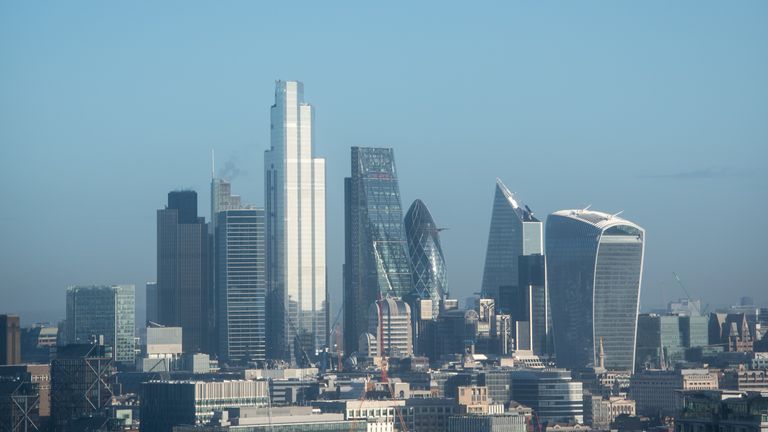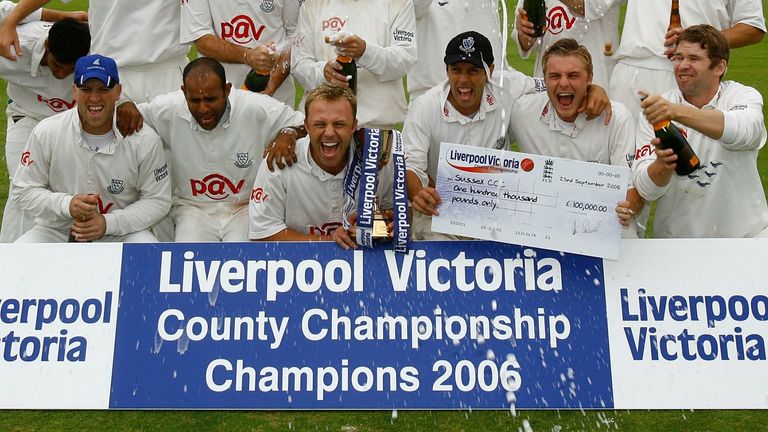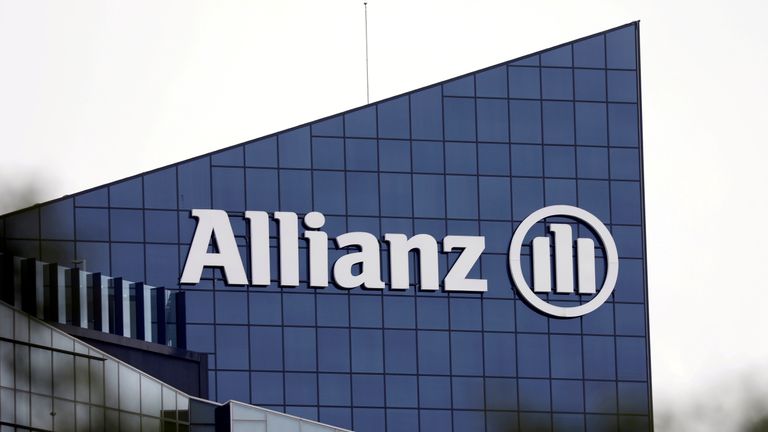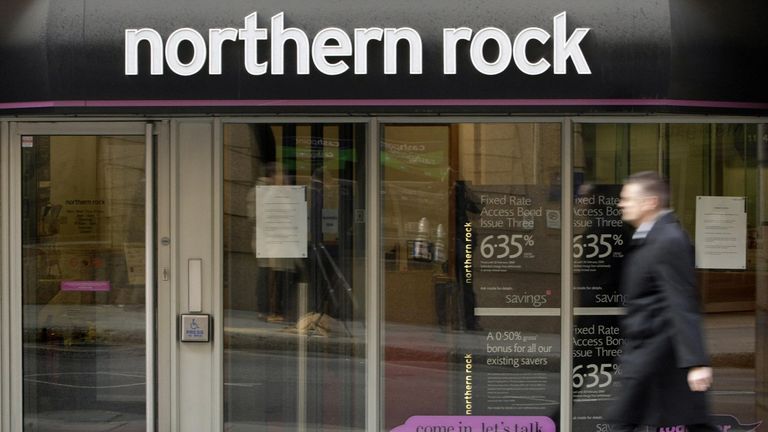LV=, the old Liverpool Victoria Friendly Society, will shortly no longer be owned by its members.
The life insurance company this morning announced it was giving up its mutual status and is selling its savings & retirement and protection businesses to Bain Capital, the private equity firm, for £530m.
The deal follows the sale, for a total of £1.1bn, of LV='s general insurance business to Allianz of Germany last year.
And - assuming members vote in favour - it will bring to an end 177 years during which the business has been owned by its membership.
The sale is likely to deliver a windfall payment next year to the 1.3 million members who currently own the business - although LV= would not give details today of how much.
Some 340,000 of those members, who have with-profits policies, will also see an enhancement to the value of those policies when they pay out.
The sale comes six months after Sky News revealed that LV=, a former sponsor of cricket's County Championship, had put itself up for sale.
That flushed out interest from Royal London, the UK's biggest mutual insurance company, but in October LV= said it had entered exclusive talks with Bain Capital.
It will be the second big insurance deal in the UK for Bain which, in August 2018, agreed to buy the motor insurer esure for £1.2bn.
Throughout the sale process, LV= has stressed that while mutuality had served it well over more than a century and a half, it required more capital.
It has also insisted throughout that it was not in financial trouble.
The company said today: "Following the sale of the general insurance business at the end of 2019, it was clear to the board that as a newly standalone life and pensions business - in an increasingly competitive market dominated by global, well-funded, shareholder owned insurers - LV= would require significant long-term investment to be sustainable.
"The board was faced with the challenge of identifying the most effective way to address the inherent tension between balancing the requirement to invest in the savings & retirement and protection businesses for the long-term while providing enhanced returns to with-profits policyholders."
However, go back in time just two years and it is clear that events had forced change on the company, which was founded in Liverpool in 1843 as a society selling so-called 'penny policies' enabling the poor to bury loved ones without the indignity of a pauper's funeral.
LV= suffered a pre-tax loss of £49m in 2016, compared with profits of £124m a year earlier, after changes to the so-called 'Ogden Rate' - the rate used to calculate compensation pay-outs to accident victims.
Shortly afterwards, it formed general insurance joint venture with Allianz, creating the UK's biggest general insurer.
This was followed, in March 2019, by a decision to abandon its friendly society status and convert instead to being a company limited by guarantee.
Not long after that, LV= announced that it was selling the rest of its general insurance joint venture to its partner Allianz, but this did not spell an end to its problems.
Half-year results published in August 2019 revealed that the business had again slid into the red, reporting an operating loss from continuing operations of £27m, compared with profits of £27m in the same period a year earlier.
Richard Rowney, the £1m-a-year chief executive, stood down suddenly at the end of last year.
Within months his successor Mark Hartigan, who was parachuted in from rival Zurich, launched the strategic review that effectively saw the Bournemouth-based business put up for sale.
The takeover by Bain is not without its risks for LV=.
The latter will certainly not be able to use its mutual status, a key selling point in the past, to attract customers in the future.
The company was stressing today that its "culture and values will remain the same, built around putting customers, employees and financial advisers at the core of everything we do".
But the latter may require particular convincing of that as LV= depends on them to recommend its products to customers.
LV= members of a certain age, meanwhile, may recall that the dash by building societies and life companies to give up their mutual status in the past has not been an unalloyed success.
Among the former building societies, Northern Rock collapsed and had to be rescued by the government, as did HBOS, the business which included the former Halifax and the old Birmingham Midshires.
The old Abbey National, Alliance & Leicester and Bradford and Bingley all had to be rescued by Santander of Spain.
Among the former mutual life companies, Standard Life proved a disappointment for many years after floating on the stock market, as has Aviva - a company formed in part from the old Norwich Union.
Since LV= announced it was in talks with Bain, there has been a lot of head-scratching in the City as to why the company was selling up.
There have been questions why it is selling to a private equity company, rather than joining forces with its fellow mutual, Royal London.
And the sale price, representing only half of what LV= raised selling its general insurance arm to Allianz, will also raise eyebrows.
Doubtless these are all questions members will be asking before they vote to approve the takeover of this venerable old business.







